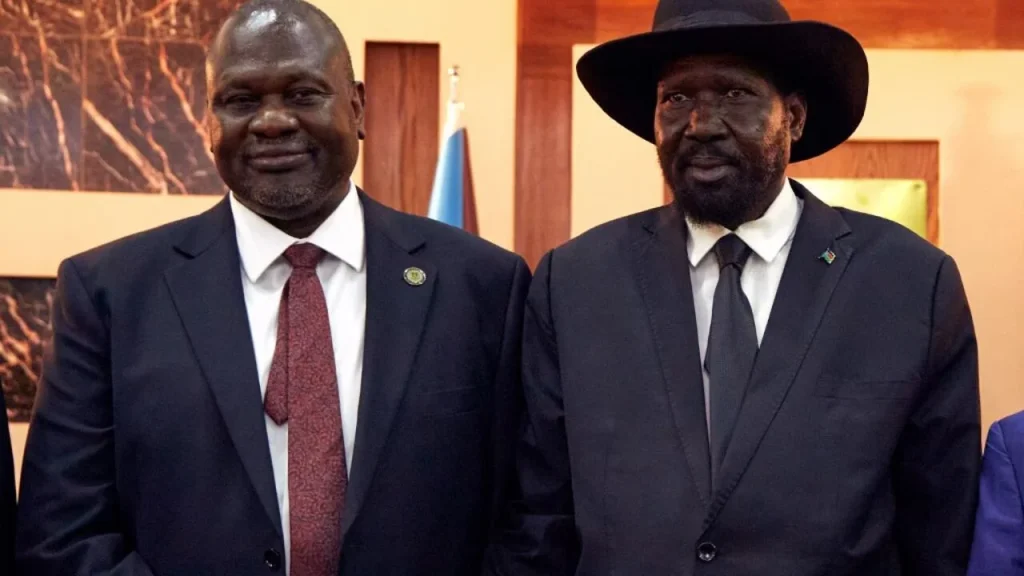On March 28, 2022, South Sudanese security forces withdrew from First Vice-President Riek Machar’s residence in Juba after surrounding it since March 26, following his rejection of President Salva Kiir’s order to form a unified national army, a key provision of the 2018 Revitalized Agreement on the Resolution of the Conflict in South Sudan (R-ARCSS). “The unilateral decision by President Kiir is a violation of the revitalised peace agreement,” Machar stated, criticizing unequal sharing of military and police positions, per AFP. The standoff highlighted ongoing friction between Kiir’s Sudan People’s Liberation Movement (SPLM) and Machar’s SPLM/A-IO.
Fragile Peace Under Threat
The 2018 peace deal, brokered by the Intergovernmental Authority on Development (IGAD), ended a five-year civil war (2013–2018) that killed nearly 400,000 and displaced millions. “The clashes… could break the already-fragile peace agreement,” per RFI, with fighting in Machar’s strongholds of Unity and Upper Nile states escalating tensions. Machar’s SPLM/A-IO suspended participation in peace oversight mechanisms on March 23, citing government attacks. “Machar is worried that tensions may escalate,” prompting his appeal to IGAD, including Sudanese leader General Abdel Fattah al-Burhan, a key figure in the 2018 talks.
Call for Regional Intervention
Machar sought IGAD’s mediation to address violations and violence in Unity and Upper Nile, where clashes between SPLM/A-IO and South Sudan People’s Defence Forces (SSPDF) persisted. “Machar had asked for international intervention,” per AFP, to stabilize the situation. The peace deal mandated army unification, a new constitution, and elections, but progress stalled. By April 3, 2022, Kiir and Machar agreed to resume talks on army integration, with a proposed 60:40 ratio of pro-Kiir to pro-Machar troops, per Reuters, signaling a temporary de-escalation.
Chronic Instability in South Sudan
Since gaining independence in 2011, South Sudan has faced chronic instability, with the 2013 civil war triggered by Kiir’s accusation of a coup attempt by Machar. “South Sudan… has suffered from chronic instability since independence,” spending nearly half its existence at war. Ethnic divisions—Kiir’s Dinka and Machar’s Nuer—fueled the conflict, displacing over 4 million by 2018, per UNHCR. The 2018 R-ARCSS aimed to unify forces and hold elections, but delays and mistrust, with only 35% of peace tasks completed by 2022 (UNMISS), kept tensions high.
Outlook and Regional Stakes
The March 2022 crisis underscored the fragility of South Sudan’s peace process, with IGAD’s role critical to averting collapse. “Khartoum was an integral part of the 2018 peace process,” and regional leaders like Kenya’s Uhuru Kenyatta pushed for dialogue. By late 2022, army unification remained incomplete, with elections postponed to 2024, per Al Jazeera. “The peace agreement is under severe pressure,” a UNMISS official noted, warning of renewed conflict risks. The incident highlighted the need for sustained IGAD mediation and commitment to power-sharing to prevent South Sudan from relapsing into war.






